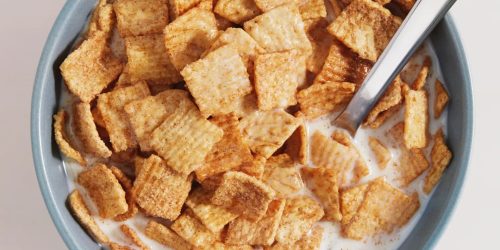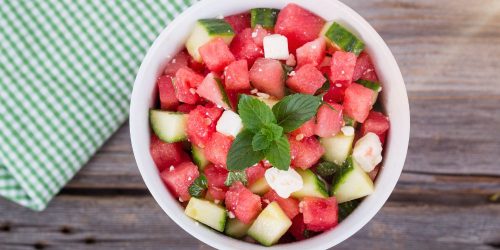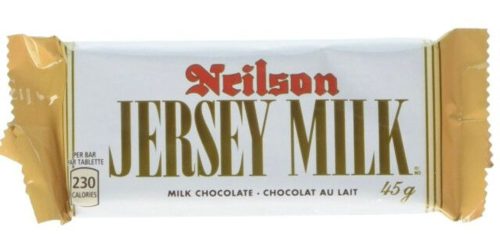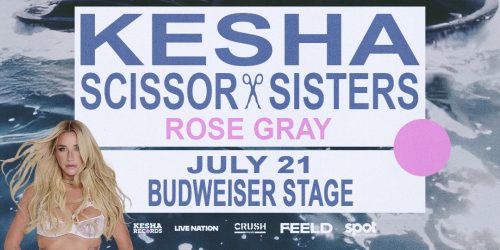Oysters, Health Facts!
Oysters are low-calorie shellfish that have protein, vitamins, and minerals!
You either love them or hate them! They have a taste and texture that isn’t for everyone. But if you can choke them down, there is a list of health benefits!
Here’s what you need to know about the popular coastal snack.
The U.S. Department of Agriculture’s FoodData Central database has nutrition figures on two types of oysters, including the Pacific and eastern species, both of which are pretty low in calories.
A 100-gram portion of Pacific oyster is around 81 calories while a 100-gram portion of eastern oyster is around 51 calories, according to the USDA’s FoodData Central.
Because the calorie count is so low, it would be hard to survive on them even though oysters are a good source of protein, vitamins, and minerals.
The Pacific oyster has roughly 9.45 grams of protein, 8 milligrams of vitamin C, and 168 milligrams of potassium in a 100-gram serving of oyster, according to the USDA’s FoodData Central. The shellfish is also rich in sodium, magnesium, zinc, and more.
The eastern oyster, on the other hand, has roughly 5.71 grams of protein and 156 milligrams of potassium in a 100-gram serving. The oyster also contains variations of Vitamin B, Vitamin A, and other minerals, according to the USDA’s nutrition facts.
To cook oysters, the CDC recommends boiling or steaming the shellfish until the shellfish opens.
For centuries, humans have speculated about whether oysters and other shellfish have aphrodisiac properties, but there is no definitive science to back up these claims. So no, they don’t make you horny!
The story is said to have originated from the Italian adventurer and author Giacomo Casanova (1725 to 1798) who used to eat 50 oysters for breakfast to enhance his libido.
Beat FOMO by being in the know!
Sign up for our newsletter today and never miss a beat.








